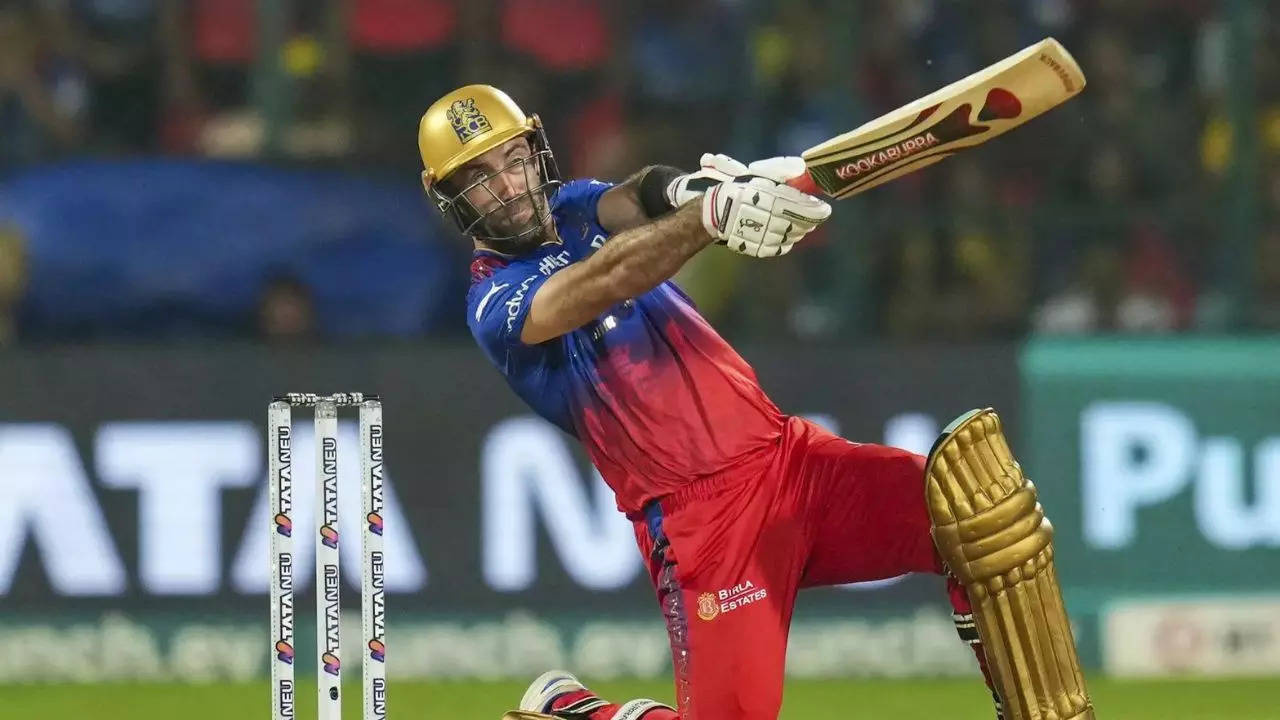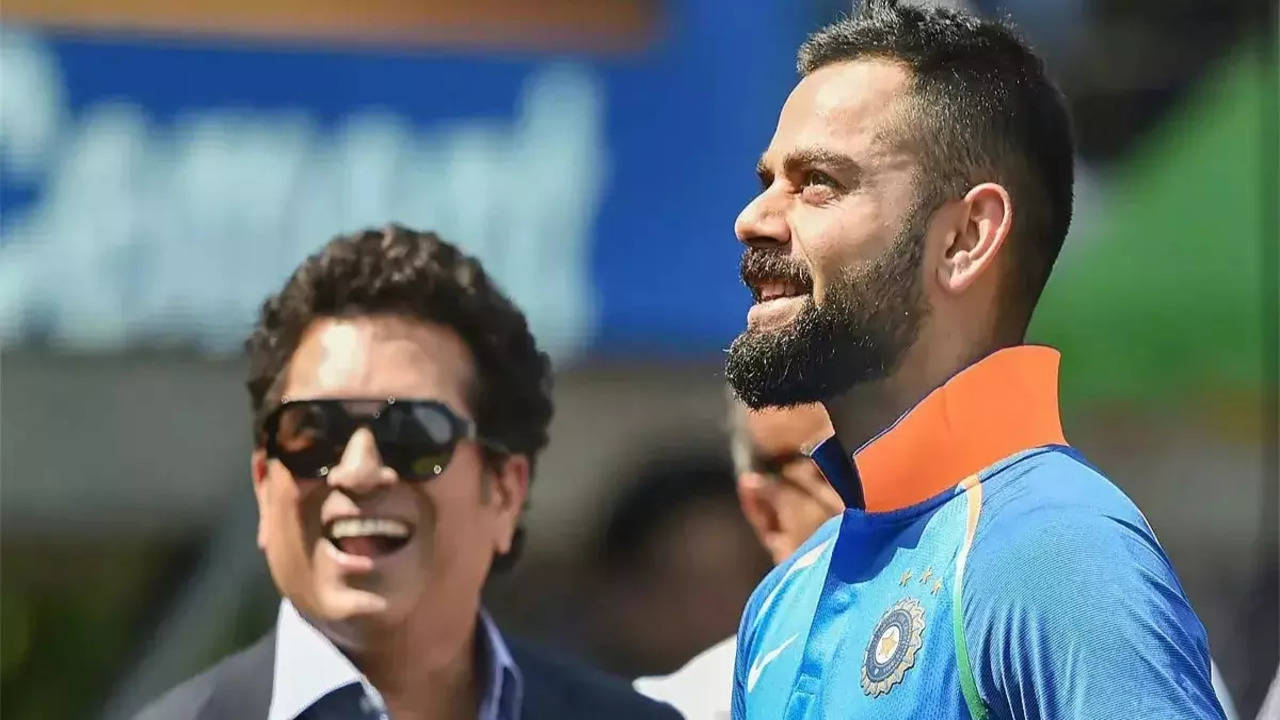The Board of Control for Cricket in India (BCCI) has taken a bold step to prioritize domestic cricket by mandating all established players to participate in tournaments such as Ranji and Duleep Trophy. This move has been hailed by Lancashire’s CEO Daniel Gidney as “fantastic prioritising.”
Gidney believes that the BCCI’s decision is a direct response to the threat posed by agents who are facilitating the foray of English players into lucrative franchise leagues at the expense of traditional red-ball competition. He accuses these agents of threatening the future of the English County Championship.
The BCCI’s directive has highlighted the board’s emphasis on the role of domestic cricket. Two of the younger stars, Shreyas Iyer and Ishan Kishan, lost their annual BCCI retainership contracts for skipping domestic events in favor of the Indian Premier League (IPL). While Kishan did not play a single Ranji game despite repeated requests, Iyer did participate in the knockout stage, including the final.
Gidney’s praise for the BCCI’s decision reflects the growing concern among cricket administrators about the impact of franchise leagues on the traditional game. He believes that agents “don’t care” about the county game and that more needs to be done to support it.
“We need to have more of an open conversation,” Gidney said. “Coaches get blamed, administrators get blamed, but if you want to blame anybody, blame agents.”
Gidney suggests increasing player remuneration as a potential solution. He believes that offering higher salaries to a select few players could help protect first-class cricket. “More prize money would help and I think we need to find a way of paying four or five players a lot more money,” he said. “Instead of GBP 80,000-90,000 being the top domestic salary, we need to find a way of paying GBP 200k … and saying part of that deal is that you don’t play franchise cricket.”
Gidney also calls for a cap on franchise participation to protect first-class cricket. However, he emphasizes that he is not against players earning good money from playing in T20 leagues. “They have a career – I’m not begrudging their ability to earn money – but the balance has tipped … When the bottom rung of the Hundred is what a rookie would earn in the championship – who among us would turn down earning more money for less work?”
The BCCI’s decision and Gidney’s comments have sparked a debate about the future of domestic cricket in the face of the growing popularity of franchise leagues. It remains to be seen whether other cricket boards will follow the BCCI’s lead and prioritize domestic competition.






